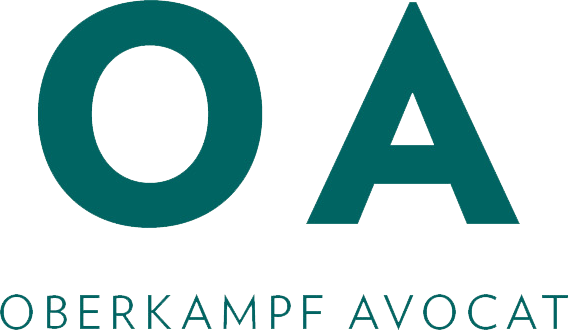Key highlights from November 2023 in the sustainability space.
4th Anniversary of the SFDR
The 27th of November marked four years since the adoption of the Sustainable Finance Disclosure Regulation (SFDR). It has been over two years since the SFDR started applying to entities concerned by the entry-level regulation on the 10th of March 2021. As it stands, the lack of coherence within EU guidance and the lack of clarity of the adopted definitions pertaining to sustainable investment in the regulation seems to be one of the major problems with the SFDR. This lack of clarity has led to a number of greenwashing accusations. With the implementation of the Regulatory Technical Standards (SFDR Level 2) at the start of 2023, at least 300 investment products (more than $125 billion of assets) were downgraded from Article 9 to Article 8 by fund managers in anticipation of heightened reporting requirements. The EU Commission has launched a consultation on the revision (or possible overhaul) of the SFDR in response to these concerns.
Concerns about greenwashing in sustainability reporting
According to a new survey by PwC, published on the 15th of November, more than nine in ten investors (94%) believe corporate reporting on sustainability performance contains unsupported claims. The survey includes responses from 345 investors and analysts globally and demonstrates the need for robust disclosures on sustainability. This is in line with the UK Financial Conduct Authority’s recent findings that many firms’ investment products are not aligned with their stated ESG goals. Notably, France addressed the increasing concerns and information needs of investors by excluding fossil fuel companies from its newly created Socially Responsible Investment (SRI) label entirely.
CDP to align reporting platform with European Sustainability Reporting Standards
On November 8th, climate research provider and environmental disclosure platform CDP announced that they have entered into an agreement with the European Financial Reporting Advisory Group (EFRAG) whereby they will maximise the alignment of their disclosure system with the recently adopted ESRS. The collaboration aims to support market readiness for quality environmental reporting by accelerating the implementation of the ESRS. As CDP disclosing companies represent nearly 90% of European market value, such an alignment with the ESRS will be valuable both to individual companies and to the market generally. This follows CDP and ISSB’s announcement in November 2022 that the CDP also pursues alignment with the ISSB Climate disclosure standard.
Data Solutions to Build Sustainability Reporting Capacity
With the emergence of multiple new sustainability-related disclosure regimes in 2023, companies have been concerned about how to process large volumes of data to comply with these requirements. The Global Reporting Initiative and the IFRS foundation established a new Sustainability Innovation Lab to close the gap between the required disclosures and the sustainability capacity and expertise of companies. The Lab was launched in Singapore on the 20th of November. In parallel, multiple tech solutions were advanced to help companies increase their data collection and processing capabilities. These solutions range from AI based data collection to mapping tools tailored to meet a wide range of disclosure regimes. Tech companies seem to be focusing on the expansion and integration of their existing data management platforms to be able to provide a one-stop shop for data collection and reporting in the future.
- Content prepared with the help of Defne Fresko Tasci.
